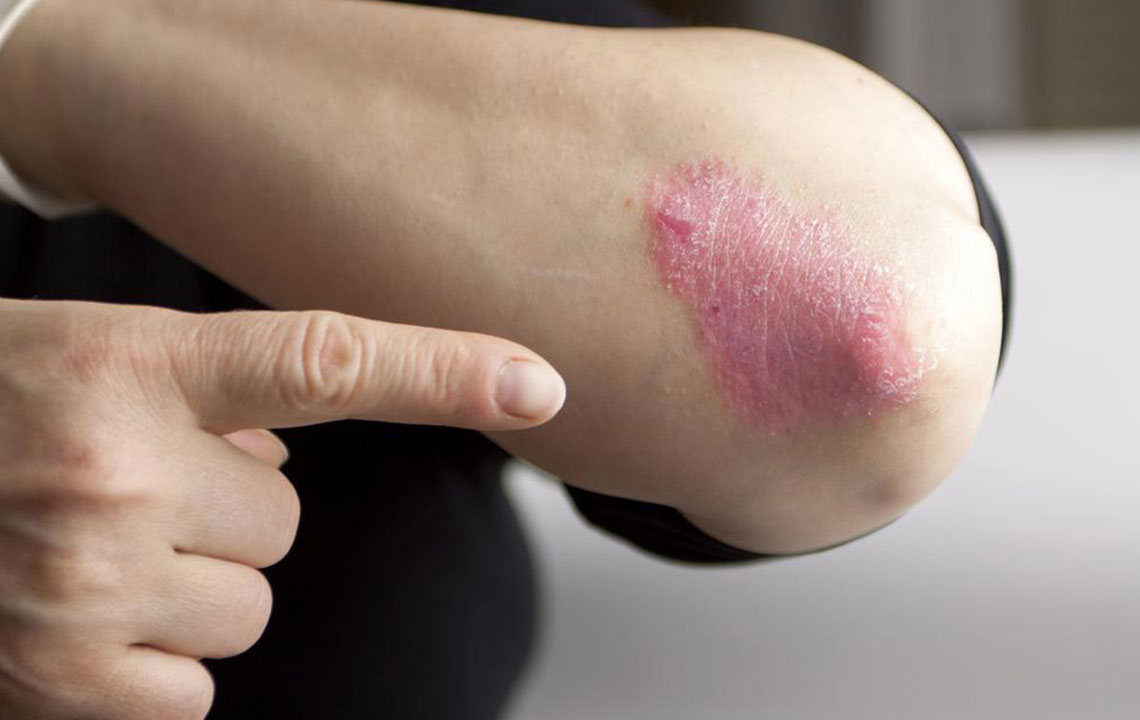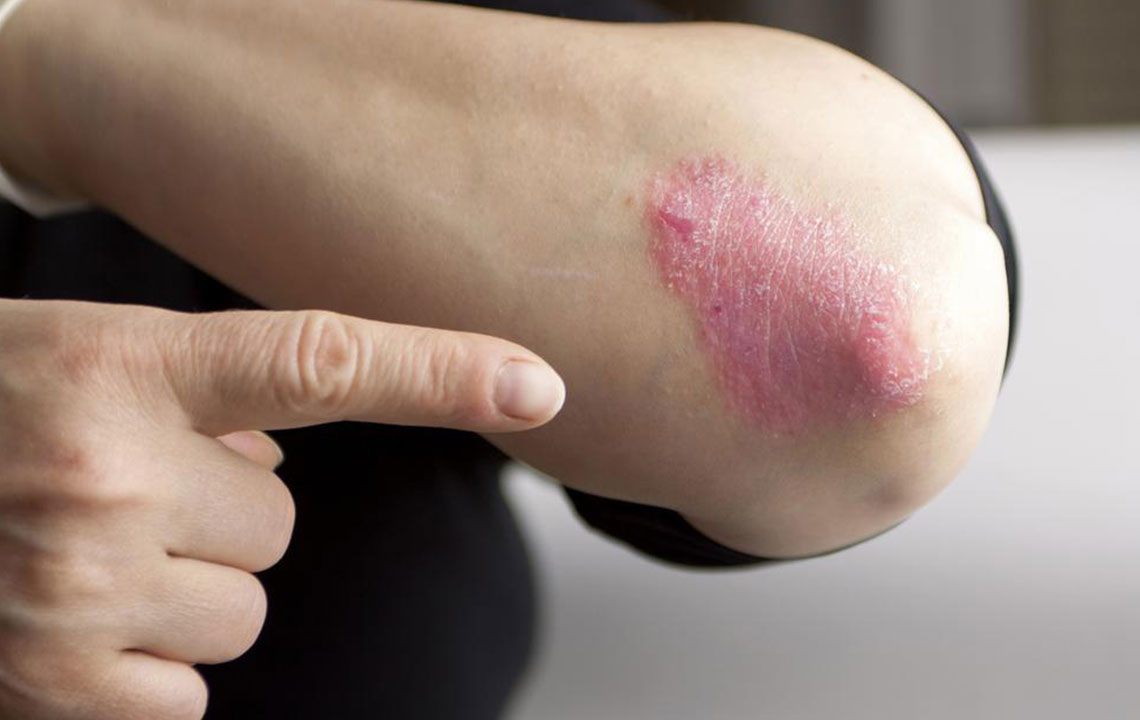Effective Strategies for Managing Chronic Plaque Psoriasis
Discover effective methods to manage chronic plaque psoriasis, a common autoimmune skin condition. This guide covers causes, symptoms, and various treatments like topical therapies, phototherapy, and systemic medications. Learn how lifestyle changes can support disease control and improve quality of life. Early diagnosis and personalized treatment approaches are crucial for successful management. Understanding the intricacies of psoriasis helps patients make informed decisions and seek appropriate medical care for lasting relief and better skin health.

Effective Strategies for Managing Chronic Plaque Psoriasis
Psoriasis is a common skin condition that can appear on various parts of the body, including the hands, feet, elbows, knees, scalp, eyelids, and skin folds. It impacts individuals' daily lives and is characterized by a chronic inflammatory response mediated by immune cells. This autoimmune disorder has a genetic component and can develop at any age, though it's less common in young children. Factors such as climate, genetics, medications, and immune system behavior contribute to its onset. In psoriasis, skin cells proliferate excessively, leading to thickened, scaly patches.
Both genders are affected, and while it can occur at any age, it's uncommon in infants. Causes include environmental triggers like climate changes, hereditary factors such as psoriasis-associated genes, medication use, and immune system irregularities. In psoriasis, immune cells mistakenly activate, inducing rapid skin cell turnover that results in visible plaques. Patients often experience discomfort, itching, and pain, which can interfere with daily activities and social interactions. Psoriasis severity ranges from mild to severe and is linked with conditions like diabetes, arthritis, cardiovascular issues, and inflammatory bowel disease. Importantly, psoriasis is non-contagious and cannot be transmitted through contact.
Diagnosing psoriasis involves physical examination, family history, and microscopic skin analysis. Treatment depends on disease severity, affected areas, and individual response. Physicians often adopt a trial-and-error approach to identify the most effective therapy, adjusting as needed. Treatments include topical agents like moisturizers, vitamin D3 analogs, salicylic acid, and coal tar, which soothe the skin, slow cell growth, and improve appearance. Phototherapy, involving controlled UV light exposure, can help manage symptoms. Systemic medications—such as cyclosporine, retinoids, or acitretin—are prescribed for more severe cases, affecting the entire body by modulating immune responses. Combination therapies employing light, topical, and systemic treatments may enhance outcomes. However, managing psoriasis can pose challenges due to potential side effects like skin irritation, emotional distress, and cardiovascular risks. Ongoing research aims to uncover genetic factors and improve treatment options. Maintaining a healthy lifestyle, including weight management and nutrition, supports disease control. Effective management, under professional guidance, can lead to significant symptom reduction and improved quality of life.










